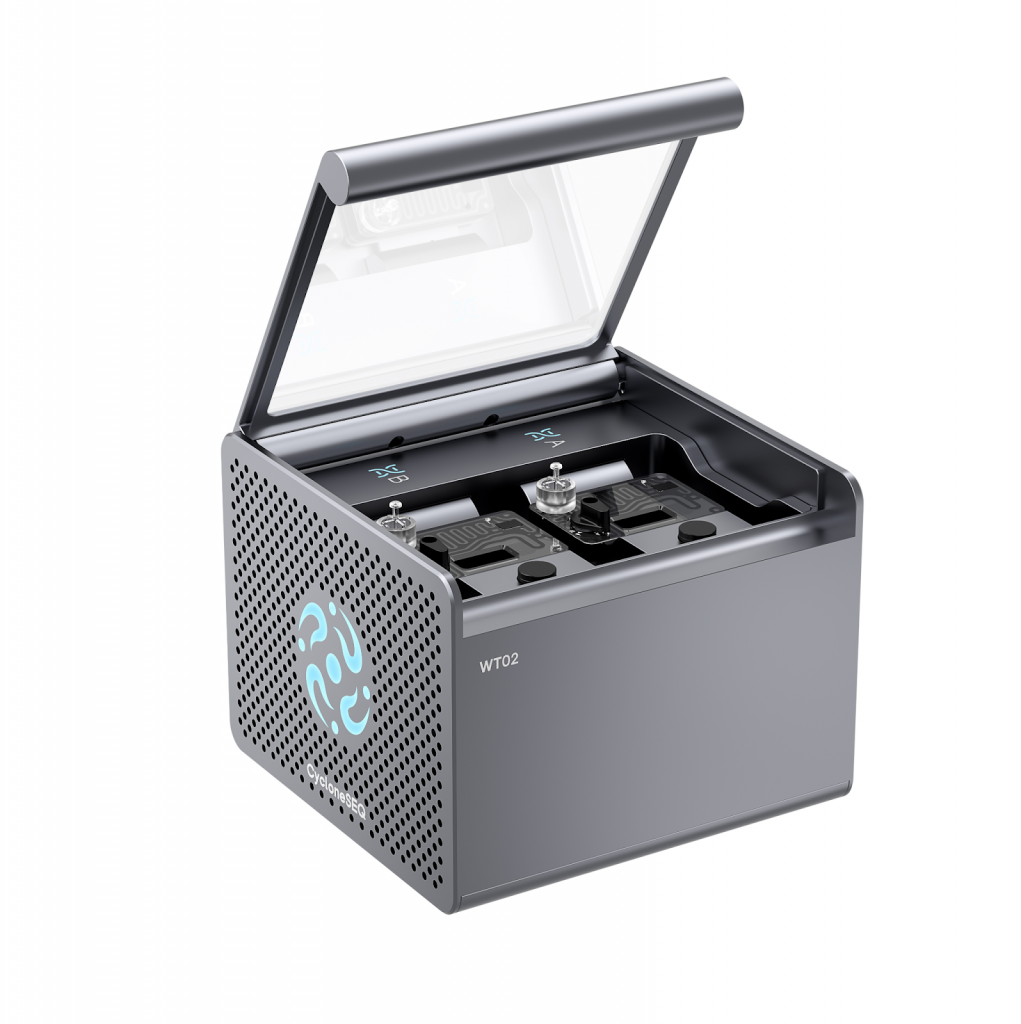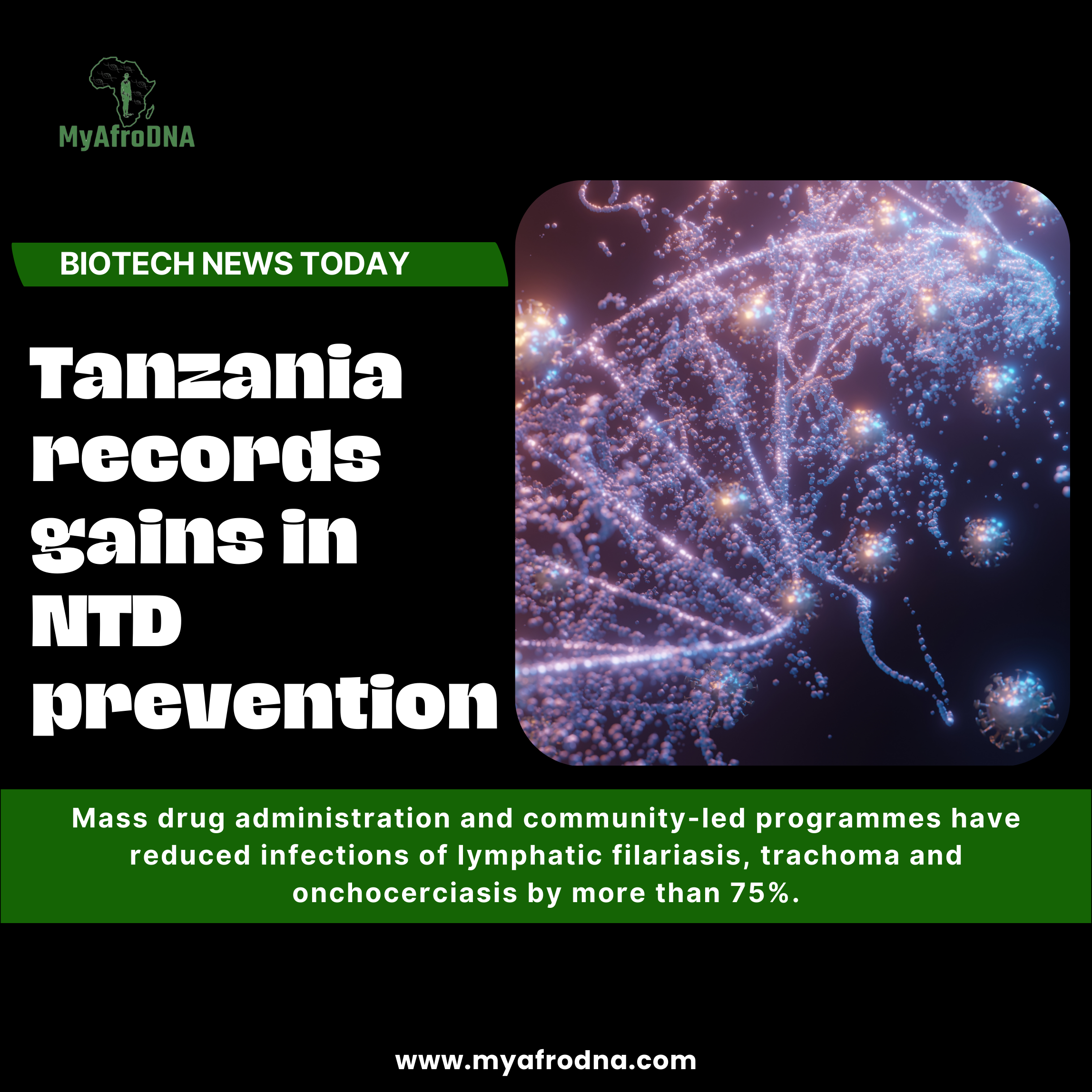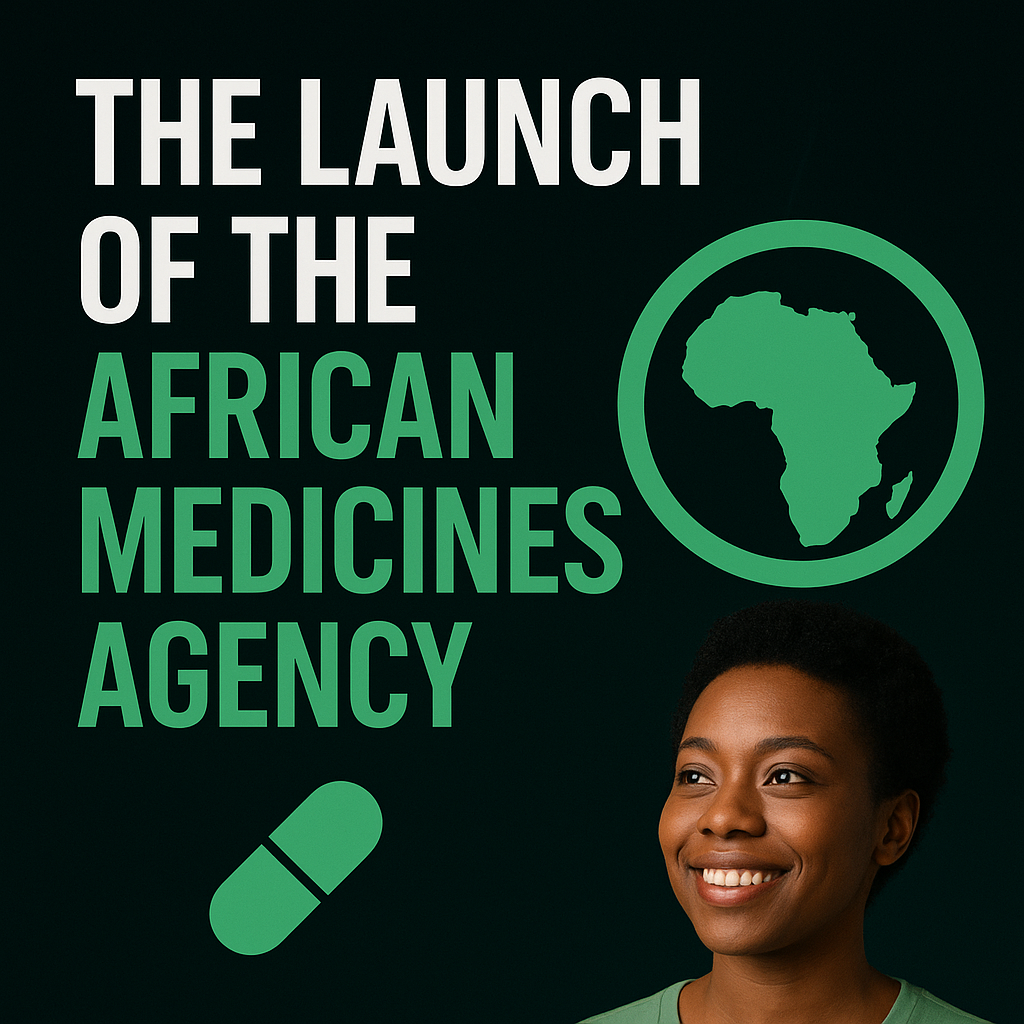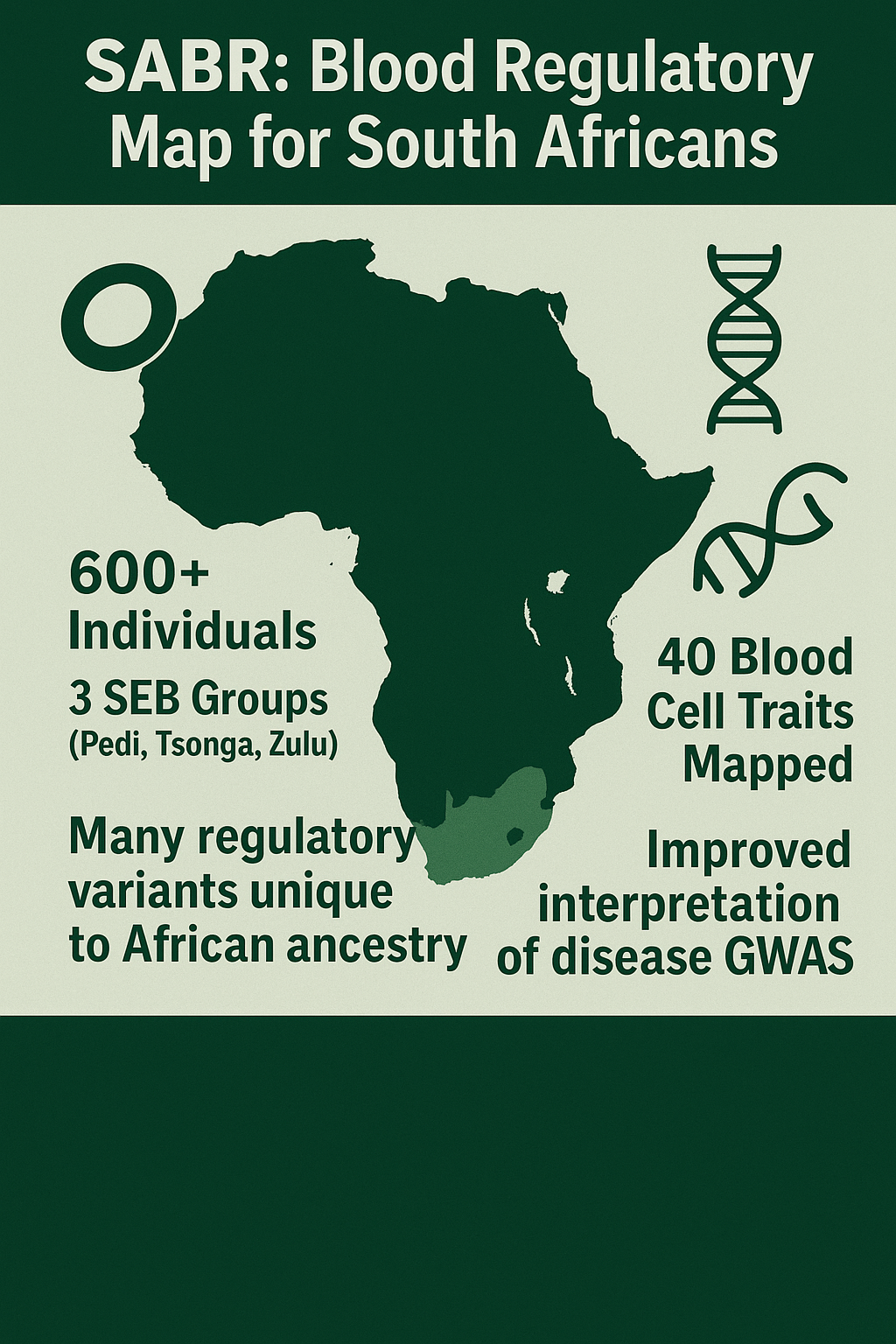MyAfroDNA, an African biotechnology company focused on advancing genomics research and innovation on the African continent, has announced the acquisition and deployment of the MGI CycloneSEQ™ genome sequencer, becoming the first facility in West Africa to deploy this advanced, portable sequencing platform.
CycloneSEQ is a cost-efficient long-read sequencing platform suitable for generating high-quality reference genomes across diverse biological systems. Its accuracy, scalable throughput, and streamlined workflows support reliable genome sequencing, assembly, and variant resolution, enabling large-scale sequencing projects with reduced per-sample cost compared to conventional long-read approaches. The system’s compact footprint and stable operation make it appropriate for sustained deployment in African research environments, facilitating locally led genome projects while strengthening regional capacity and data stewardship.

Figure 1: Photo of recently acquired CycloneSEQ genome sequencer deployed at MyAfroDNA facility in Port Harcourt, Nigeria
The CycloneSEQ™ significantly strengthens MyAfroDNA’s capacity to perform high-resolution, high-accuracy genomic sequencing, enabling applications across human health, agriculture, biodiversity, and environmental research. This milestone marks a major step toward expanding Africa’s ability to generate and analyze genomic data locally, reducing reliance on external sequencing infrastructure.
“The acquisition of the CycloneSEQ™ genome sequencer significantly strengthens our ability to generate high-quality whole-genome data locally and at scale. It allows us to support research across health, agriculture, and biodiversity, while ensuring African-led projects are powered by African infrastructure, expertise, and data ownership,” said Dr. Justin Eze Ideozu, Founder of MyAfroDNA.
Designed for precision and scalability, the CycloneSEQ™ supports whole-genome sequencing, reference genome development, population genomics, and accurate detection of genetic variants. Its flexible workflows enable MyAfroDNA to support both targeted studies and large-scale genomic projects requiring high data quality.
As part of this deployment, MyAfroDNA will immediately begin generating high-quality reference genomes to support biodiversity and conservation genomics in partnership with the African BioGenome Project (AfricaBP) and the West Africa Regional Node of the AfricaBP, Regional Center for Biotechnology and Bioresources Research (RCBBR), University of Port Harcourt, Nigeria.
“The presence of CycloneSEQ™ at MyAfroDNA is a significant development which will certainly inject life into the Endangered and Endemic Species BioGenome Project of the West African Regional node of AfricaBP. It will, as well, facilitate realization of the AfricaBP-10KP 2.0 and AfricaBP Plant Genome Projects. Hopefully, our first genome sequence will be rolled out soon. I sincerely congratulate Dr Justin Eze Ideozu and MyAfroDNA for achieving this great milestone”, said Professor Julian Osuji, AfricaBP West Africa Regional Node Coordinator and Director of the Regional Center for Biotechnology and Bioresources Research (RCBBR), University of Port Harcourt, Nigeria.
“We are happy to see the CycloneSEQ™ deployed in West Africa with MyAfroDNA. This installation represents what MGI aims to achieve globally - democratizing access to advanced sequencing technologies. We look forward to supporting MyAfroDNA and AfricaBP in their mission to sequence Africa’s endemic species by placing high-accuracy long-read capabilities directly into the hands of African researchers", said Chen Fang, General Manager of MGI Europe and Africa.
“MyAfroDNA and MGI are two strong partners of the African BioGenome Project (AfricaBP) who have demonstrated strong commitments to the African genomics and molecular biology landscape. To sequence African indigenous and endemic biological species will require intentional investments by African organisations, and I’m quite pleased (and particularly proud) to see MyAfroDNA take this bold step in acquiring the portable CycloneSEQ genome sequencer. This is a testament to the AfricaBP ecosystem in enabling partnerships, collaborations, and local investments, adding to its progress of consistently provoking local actions. The AfricaBP cannot wait to kickstart its sequencing with MyAfroDNA, and supporting biodiversity genome sequencing in Africa”, said Dr. ThankGod Echezona Ebenezer, Founder and Co-Chair, AfricaBP.
This acquisition positions West Africa as an active contributor to global genomics and life sciences research. By enabling in-region sequencing, MyAfroDNA will support universities, research institutes, conservation organizations, biotechnology companies, and policymakers with access to advanced genomic infrastructure previously unavailable in the region.
This development reinforces MyAfroDNA’s broader mission to strengthen Africa’s biotechnology ecosystem and apply genomics to real-world challenges in health, agriculture, biodiversity conservation, and environmental sustainability.
About MyAfroDNA
We are an African biotechnology company that provides solutions to the significant lack of African representation in clinical, genomics, and translational research. Contact us for questions: info@myafrodna.com




